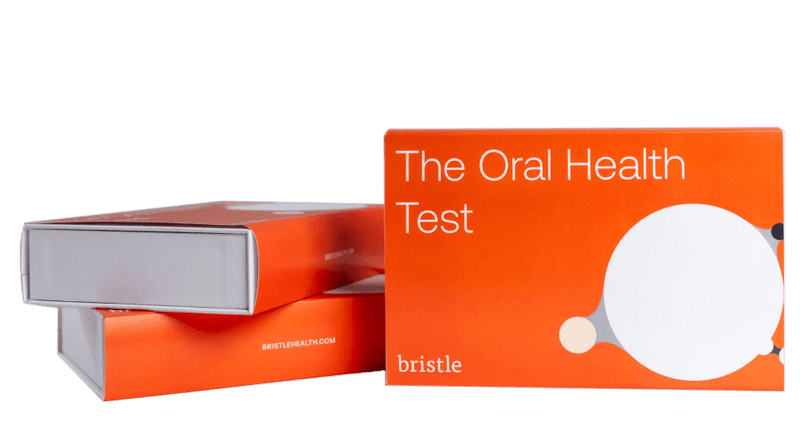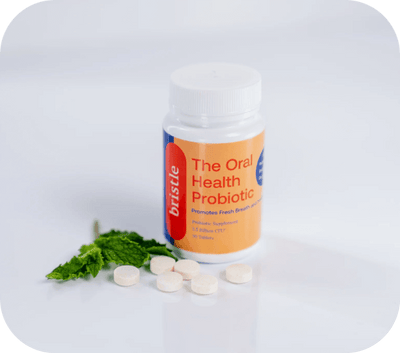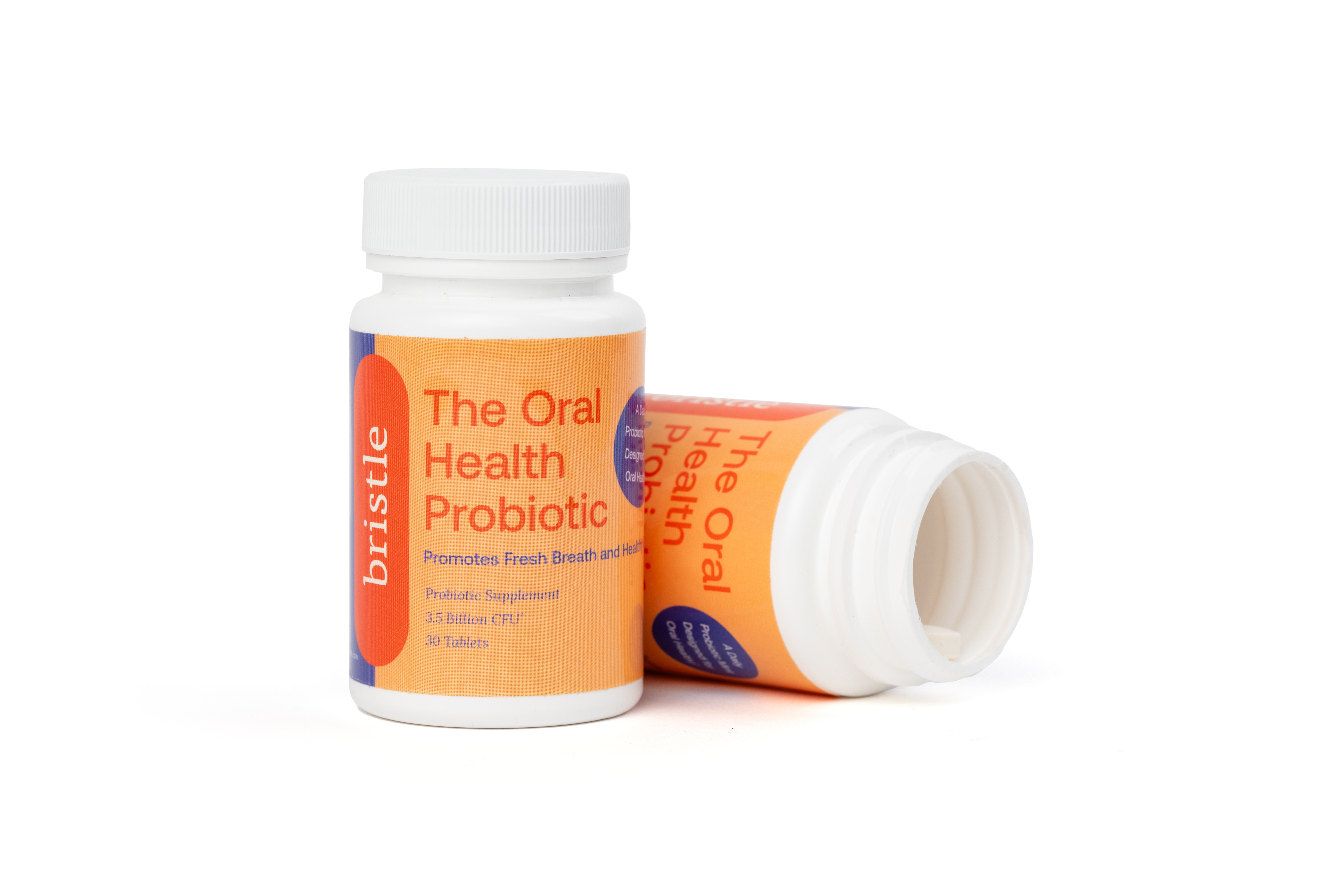If you or your child have type 1 diabetes, you are likely to be quite aware of the ways the disease can impact day-to-day. However, something less talked about that’s a part of that day-to-day is oral health care.
Type 1 diabetes can put you at greater risk for oral health disease, making care and preventative tips even more important!
Are you a parent caring for a child with type 1 diabetes?
Given that type 1 diabetes is often diagnosed at a younger age, you may be interested in the risks of type 1 diabetes for your child’s health. Predominantly, the main risks are gum disease and gum irritation.
Oral health risks for type 1 diabetes
Type 1 diabetes can change children’s teeth development and gum health. For example, in one study, they found that 69% of children between 5-9 years old and 83% of the group of children between 10-14 years old had gum inflammation. While gum bleeding can be common with gum inflammation, they also saw a general increase in bleeding across the board.
What’s not as clear, although some studies have found a relationship between— is whether diabetes may impact the development of teeth (some studies point to a delay or other show it accelerating). [1]
Another correlation seen is that those with poorer diabetic control and treatment were more likely to experience oral health problems. [2]
Do you have type 1 diabetes and want to know more about your own risk?
Although the following information above is specific to research about children with type 1 diabetes, the research for adults with type 1 diabetes is similar. In fact, in general, many studies point to all diabetic conditions being at greater risk for oral disease. [3]
Regardless, educating yourself on your risk is the first part of prevention and oral health care.
Oral Health tips for Type 1 diabetes
As we mentioned, part of creating a good oral health care plan is understanding your risks. Telling your dentist about your diabetes diagnosis can help them look at for specific oral health signs.
If you have type 1 diabetes, you don’t have to go to the dentist more often, but at least a yearly or bi-yearly cleaning should be in your routine.
Taking the simple steps of brushing and flossy twice per day is the tried and true advice for a reason! It makes a big difference for your gums and teeth.
While brushing and flossing daily will certainly make a difference, you may also want to consider new technologies. Some of our personal favorites are:
Prescription toothpaste
A higher dosage of fluoride can help with tooth decay significantly more than over the counter. [4] If you are interested in learning more, talk with your dentist to see if it’s a good fit.
Mouthwash
Mouthwash is an easy add on to your oral health routine. Mouth wash can help kill bacteria, reduce plaque and prevent tartar. [5]
Electronic tooth brush
Studies have shown that electronic toothbrushes are more effective at getting rid of plaque and improving gum health. [6]
Oral microbiome test
With a quick saliva sample, Bristle can test the health of your oral microbiome. Your oral microbiome is an important indicator for overall oral health.
Our test will give you the knowledge to know your risks and a plan of action to address the risk.
Next Steps
If you or your child have type 1 diabetes, chat with a dentist about the risks associated, and what you can do to better care for your mouth. Simply being aware and practicing good oral hygiene can go a long way. But you may want to consider additional steps to prevent risk, and your dentist can help you decide what’s best.
Sources









